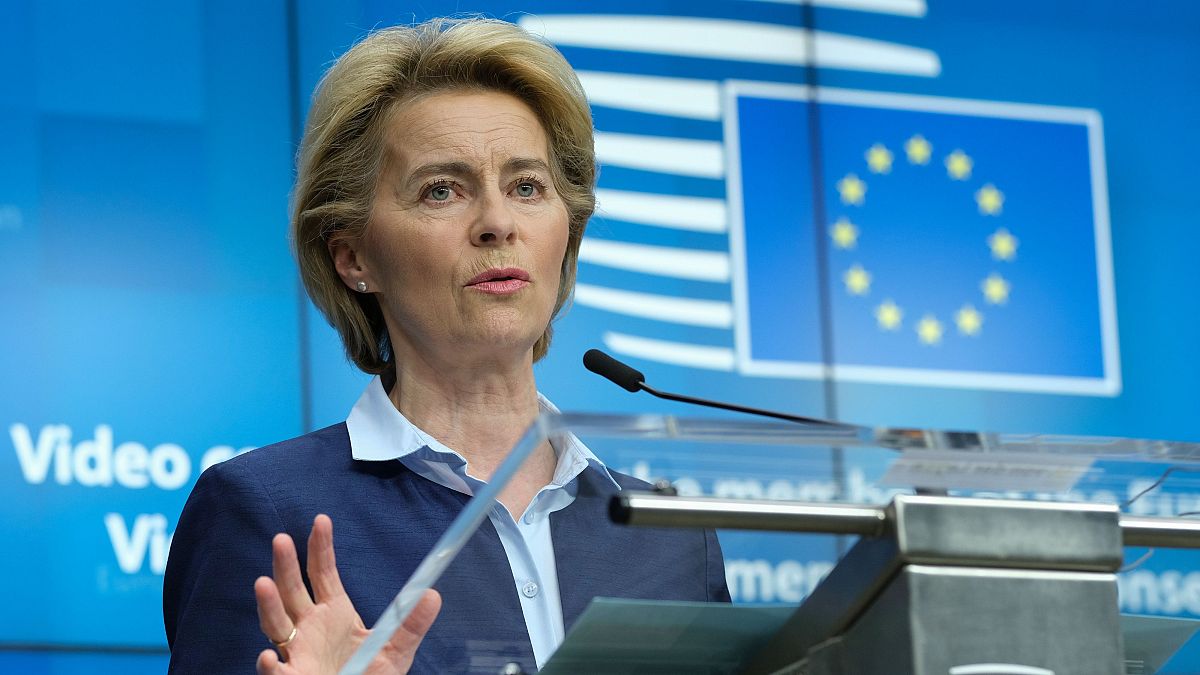The EU has agreed an aid package of more than half a trillion euros to provide immediate support for member states, whose economies have been ravaged by the coronavirus outbreak.
The European Union has agreed an aid package of more than half a trillion euros to provide immediate support for member states, whose economies have been ravaged by the coronavirus outbreak.
“We endorsed the agreements on three important safety nets for workers, businesses and sovereigns, amounting to 540 billion euros,” said President of the European Council Charles Michel.
“We call for the package to be operational by 1 June 2020. We also agreed to work toward a recovery fund which is needed and urgent.”
A longer term recovery plan has also been discussed, but the EU is struggling to come to an agreement over debt distribution, with northern European countries, like the Netherlands and Germany, reluctant to share too much debt out of fear of having to foot the bill for others.
More than 100,000 Europeans have died so far from COVID-19, and country-wide lockdowns have hit economies hard.
With business only slowly starting to open in some countries, the urgent need for funds in hard-hit countries like Italy and Spain has never been starker.
“This whole endeavour is about protecting the integrity of our single market and our union, and if we do it well, and succeed, then the investments will have been worth every single cent we spend on them now,” said Ursula von der Leyen, the Commission President.
She said the only “instrument that can deliver this magnitude of task behind the recovery” is the European budget, which she said is trusted and designed for investments for cohesion.
Even before these new funds are agreed, the EU's institutions and member countries combined have mobilised around 3.3 trillion euros for health services, small businesses, embattled airlines or wage support for people unable to work.
Before the rescue package was announced, European Parliament President David Sassoli said Europe faced what could be its worst recession in a century.
He referred to it as “this new Marshall Plan for Europe”, but with funds coming from European countries and economies.
There’s still lots of work to do for the EU to come to agreement on further measures.
The EU has been split over the budget for more than a year, with major contributors like Germany and the Netherlands reluctant to fill the estimated 75-billion-euro spending gap left by Britain's departure from the EU.
